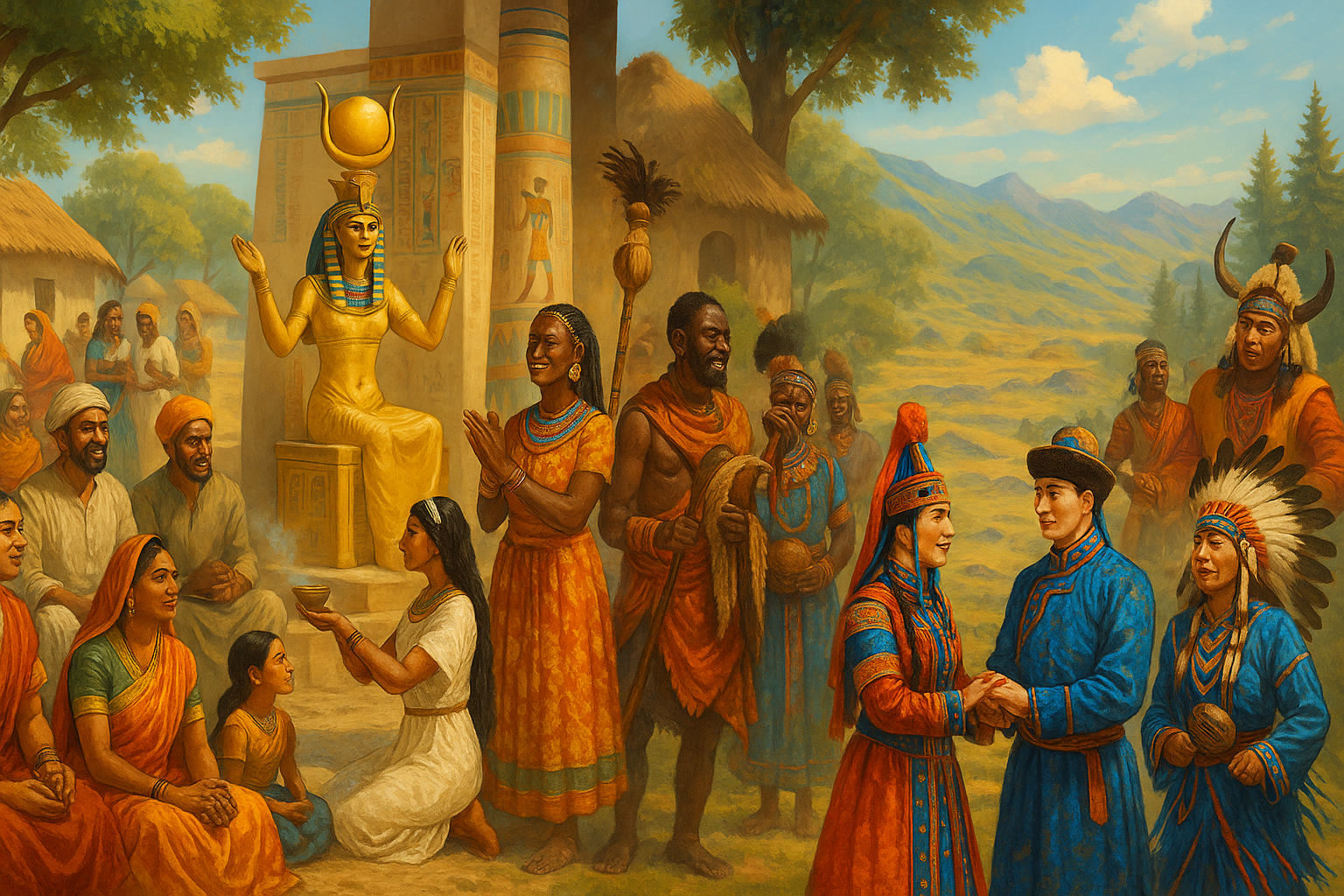Sociology

Sociology, the scientific study of society and social behavior, delves into the complexities of human interaction, cultural norms, and societal structures. It explores a vast range of topics, including family, education, politics, religion, and social inequalities like race, class, and gender. By understanding patterns of interaction and societal changes, sociology offers valuable insights into how societies function and evolve.
At ‘studentsfree.in,’ our responsibility is to provide students with comprehensive and accessible resources to deepen their understanding of sociology. We aim to bridge the gap between theoretical knowledge and practical applications, helping students explore the social forces that shape human lives. Our goal is to empower learners with well-curated notes, educational videos, and research tools tailored to their academic needs. By fostering a deeper appreciation of sociology, we strive to inspire students to engage critically with social issues and contribute meaningfully to a better, more equitable society.
